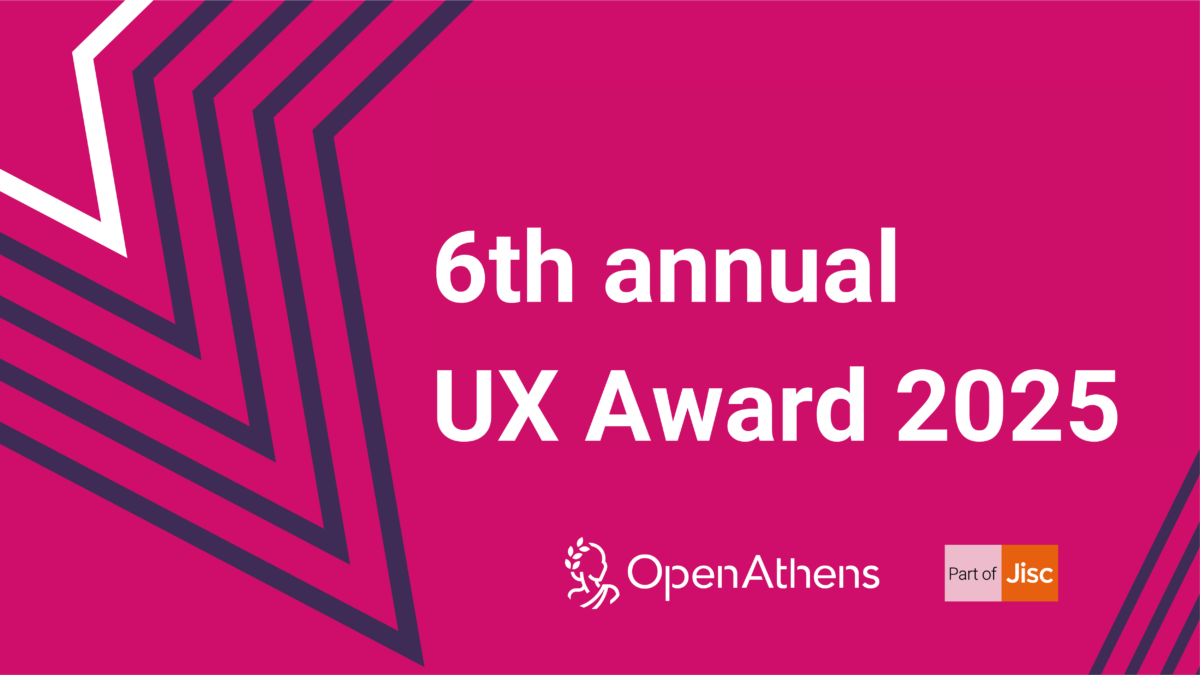6th annual UX Award 2025
Cambridge University Press won our UX Award 2024! Apply now for UX Award 2025!
Lo sentimos, esta página no ha sido traducida aún.

Cambridge University Press won our UX Award 2024! Apply now for UX Award 2025!
We established our UX Award in 2020 to recognize publishers and library systems vendors that have developed the best user experience and journey to their content and services. Our goal through this yearly award is to inspire online library service vendors to invest resource in good UX design and make access to knowledge as easy as possible for end users.
This is the sixth year of our UX Award. Previous winners include: Cambridge University Press (2024), Sage Publishing (2023), De Gruyter (2022), nkoda (2021) and Emerald Publishing (2020).
Online library service vendors of all sizes including, but not limited to:
Publishers
Library systems
Research and analytics tools

We have curated a playlist of previous UX award webinars so you can catch up on the previous winners and finalists and learn about user experience.



We’ll provide more details but these criteria are broadly what we’re looking for:
We will use your contact details to send you the UX Award 2025 application form.
You can opt out of our emails at any time by using the link in the emails and you can view our privacy policy.
All required fields are marked with '*'

Please contact Jane Charlton, senior marketing manager – community and content at OpenAthens.